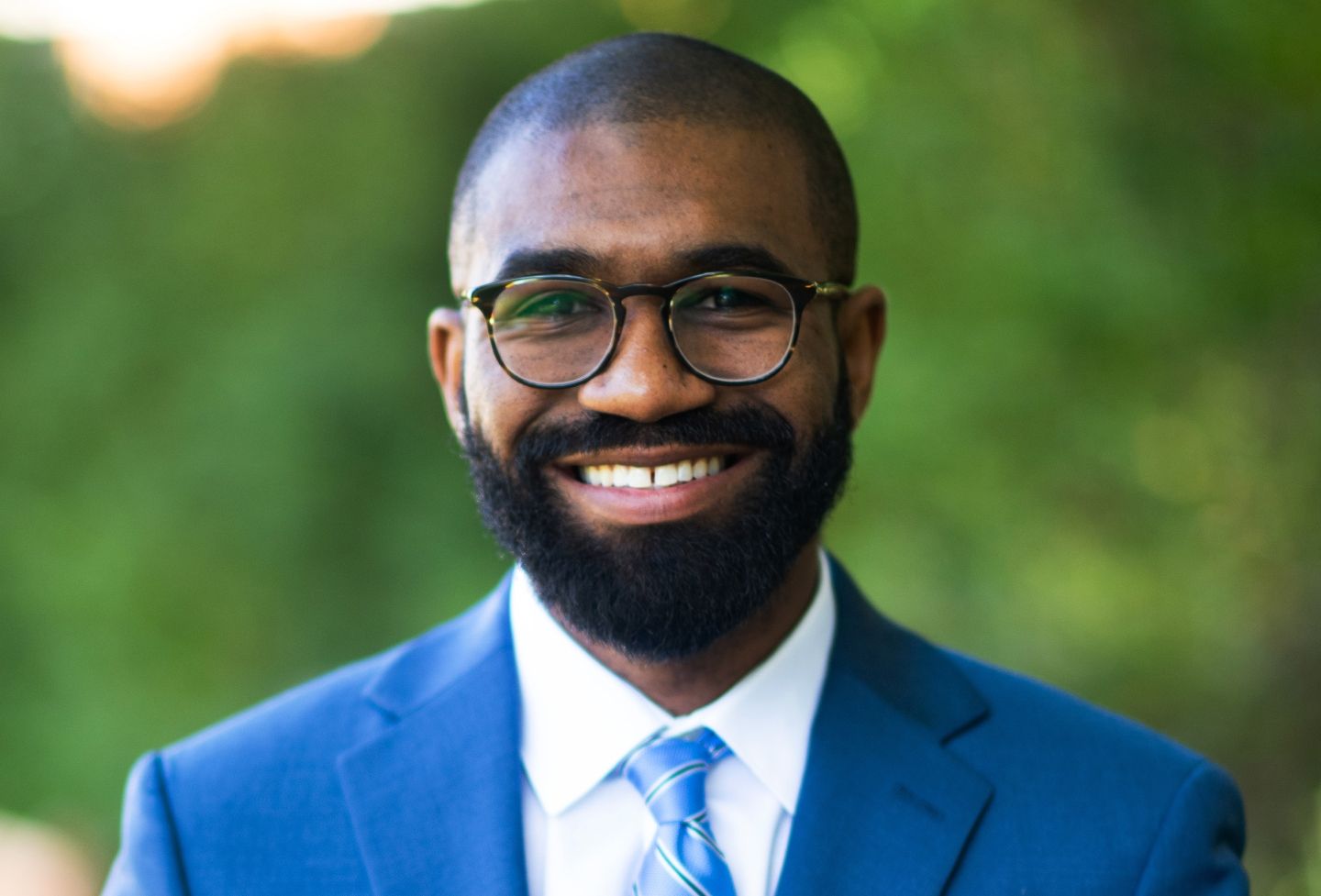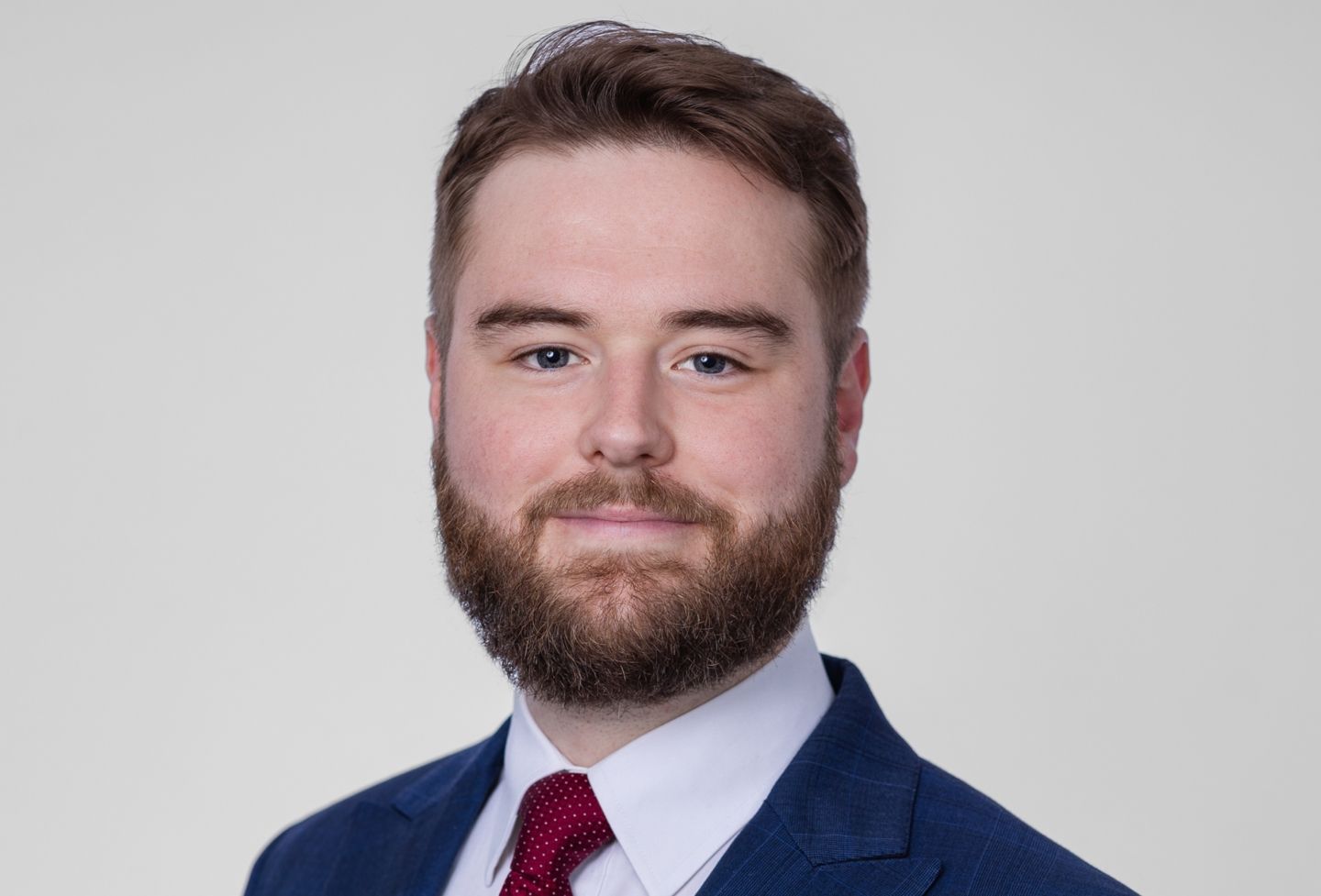Federal, State Governments Must Cooperate on Potential Flu Pandemic Response

Imagine: a week after his spring break trip to visit an infirm relative in Vietnam, a University of Virginia student admits himself to the Health Center complaining of respiratory problems. In a matter of days, the student's health rapidly worsens; he develops acute pneumonia and suffers respiratory failure.
While the student remains in critical condition, not responding to treatment, six other students from the same international dorm where he lives are admitted with similar symptoms. In the news, the World Health Organization reports numerous cases of avian flu in the same region of Vietnam where the student spent his break. An outbreak of avian flu, it appears, has reached not only the United States, but the University community as well.
This was the hypothetical, but credible, scenario constructed by a group of experts who discussed the government's role in responding to a potential outbreak of avian flu at a panel sponsored by the Conference on Public Service & the Law March 18. The panel featured three experts on various aspects of public health law: Maryland Director of Health Policy Development Jack Schwartz; Paula L. Kocher, deputy associate general counsel for the Department of Health and Human Services, and Rene Cabral-Daniels, director of health policy for the Virginia Department of Health.
"While we may be hearing a lot in the news from doctors about the avian flu, there's a lot going on in the public health law sector about how we are going to prepare for and address avian flu and pandemic flu," said moderator Ruth Gaare Bernheim, an associate professor of health sciences at the University and associate director for U.Va.'s Institute for Practical Ethics and Public Life. "And it's not a question of if, but when, it comes."
According to Bernheim, three key issues emerge when considering how large or small a role the government should play in handling avian flu on American shores: what the government must do to protect its citizens, whether the authority for such protection lies at the state or federal level, and whether any limits should be placed on the government when dealing with a potential pandemic.
The potential for outbreak is nothing new, Schwartz suggested. "It's not all that different from a sailor who gets off a ship in the port of Baltimore in the early 19th century, real sick, and goes to a tavern in Fells Point," he said. "One characteristic of that situation is that historically, the first level of response has [been], almost of necessity⦠a local one, because that's where the situation first presents itself."
9/11 and the subsequent anthrax attacks brought the issue of bioterrorism to the forefront of the American consciousness and led not only to a fear of natural diseases as well, but also spurred many states to undertake their own efforts to modernize in the event of an emergency.
As a result, public health officials' response to such crises may be confused because it is unclear whether state or federal powers are responsible, and to what extent. "You have this hodgepodge and so that requires a lot of lawyering," Schwartz said. Given this conflict, Schwartz stressed, officials should find a middle ground.
"[We need to] try at least to find an appropriate point of balance between the need to empower government officials to deal with a public health emergency on the one hand, versus the need to preserve basic civil liberties on the other hand," he said. To empower the government over the states would lead to a potential dictatorship among certain federal organizations; similarly, to empower civil liberties over the government would lead to a harmful delay in solving the crisis. "Delay is deadly," said Schwartz. "Delay kills people. Dead people don't have civil rights."
A solid legal framework should be in place so that responders don't waste time on legal issues and repercussions, Schwartz said. "[Those in charge] need to go ahead and not worry about legal liability or legal authority," he said. "You don't want them to feel like they have to pick up the phone and call their lawyer before they respond as their professional sense tells them to. In an emergency, worry about the law is the enemy of public health."

Kocher agreed that response time was the key to dealing with any mass threat to public health. Situations such at the hypothetical outbreak of avian flu at the University require the involvement of all three branches of the government and their various departments, especially the Centers for Disease Control, she said. Federal law is generally considered supreme to state law when laws conflict, she noted.
According to Kocher, states are responsible for controlling the spread of disease within their borders, whereas diseases spread from foreign countries fall under the responsibility of the federal government. Ultimately, responsibilities may intersect, creating concurrent jurisdiction. "Everyone has a little piece of this," she said. "And so it's very important that all levels of government work together to come up with the best solution for dealing with a public health problem."
If an outbreak requires quarantine, the federal government has jurisdiction by way of the Constitution's commerce clause, Kocher said. Yet because quarantine is tantamount to detainment, there are only specific communicable diseases-including cholera, yellow fever and tuberculosis-listed in the president's executive order that allow the government to quarantine a particular community or area. The most recent additions to the list include SARS and pandemic influenza.
"When we talk about quarantine, we're really talking in very broad terms," Kocher said. "It means that there are many actions that could occur by other agencies-state, local, federal-to slow the movement of persons. It's one thing when you have a sailor coming in and going to a local bar — it's a very different situation when you have a young man traveling from Vietnam and you can just see how that [can] spread very, very quickly."
The good news, Kocher said, comes in the form of recent revisions to the CDC's policies, including new statutory authorization, explicit due process, and improvements on the technical aspects of federal quarantine. "It had been [25 years] since the CDC revised its foreign and interstate regulations, so it was time."
But Cabral-Daniels questioned whether the people implementing public health laws have the legal expertise to use them effectively.
If the hypothetical situation at the University resulted in a pandemic, an effective quarantine might mean detaining not just an entire residence hall but an entire city, state, or even country, she said. Since this is impractical, a more feasible approach involves assessing "vulnerable populations." Defining a specific population as vulnerable depends upon two crucial factors: the attitudes of the population and the culture of the legal system.
Changing a particular population's behavior is critical in controlling a pandemic, but this can often be a frustrating proposition.
"One thing that we have found in terms of studying areas that are quarantined is that if people are concerned about a health risk, they're most likely to change their behavior," she said. "If people think there's no difference between their behavior and their risk for a particular disease, then they're not going to change that behavior."
Because the United States hasn't dealt with an outbreak of avian flu yet, the population is less inclined to be aware of the health issues at stake. Forcing populations to take precautions to guard against the spread of a disease may not work.
"If in fact the law is changed and it says now we're going to start implementing criminal procedures for not wearing a mask or having your temperature taken, it's going to be harder to convince certain groups who feel that they have not been treated well by the criminal justice system," Cabral-Daniels said.
Officials should make laws "more palatable" to encourage compliance.
"If you're going to come up with really good health policies, you want to think about the legal culture and think about the American population as being a vulnerable population," said Cabral-Daniels. "You don't have to have a policy that's way out in left field but you can come back andâ¦just look at the Constitution. Those constitutional principles are also transferable to a number of policy issues."
Founded in 1819, the University of Virginia School of Law is the second-oldest continuously operating law school in the nation. Consistently ranked among the top law schools, Virginia is a world-renowned training ground for distinguished lawyers and public servants, instilling in them a commitment to leadership, integrity and community service.


